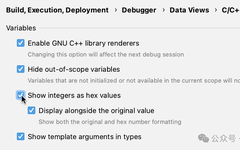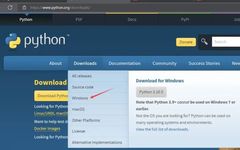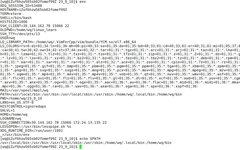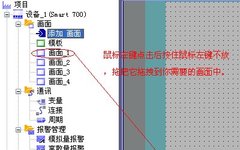CLion Tutorial – Hex View & Mute Variables
Hex View For integer type numeric variables, you can view the hexadecimal representation instead of or alongside the original format. The hexadecimal view for integer types is supported by GDB and LLDB debuggers on all platforms, including remote debugging and WSL scenarios. To enable the hexadecimal view, go to Settings | Build, Execution, Deployment | … Read more







